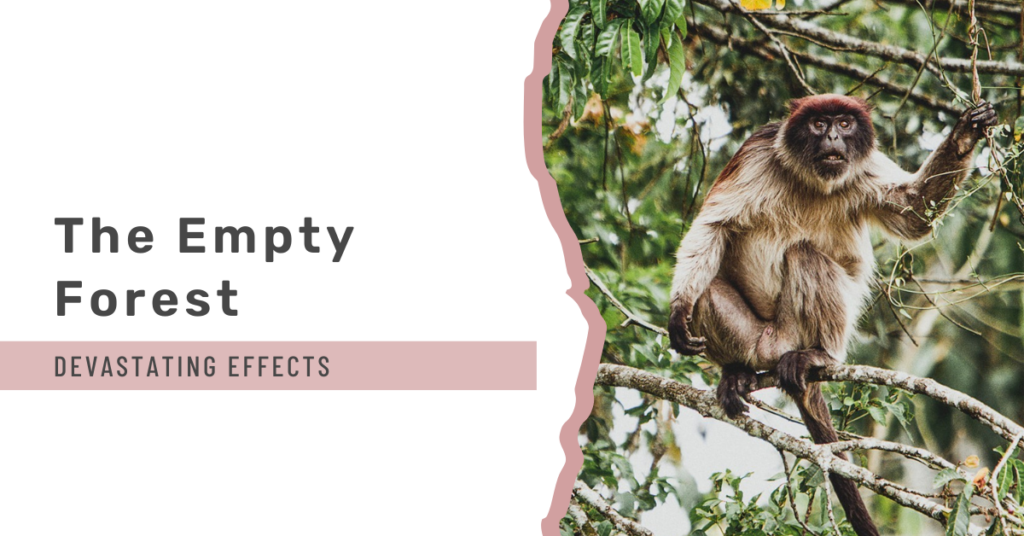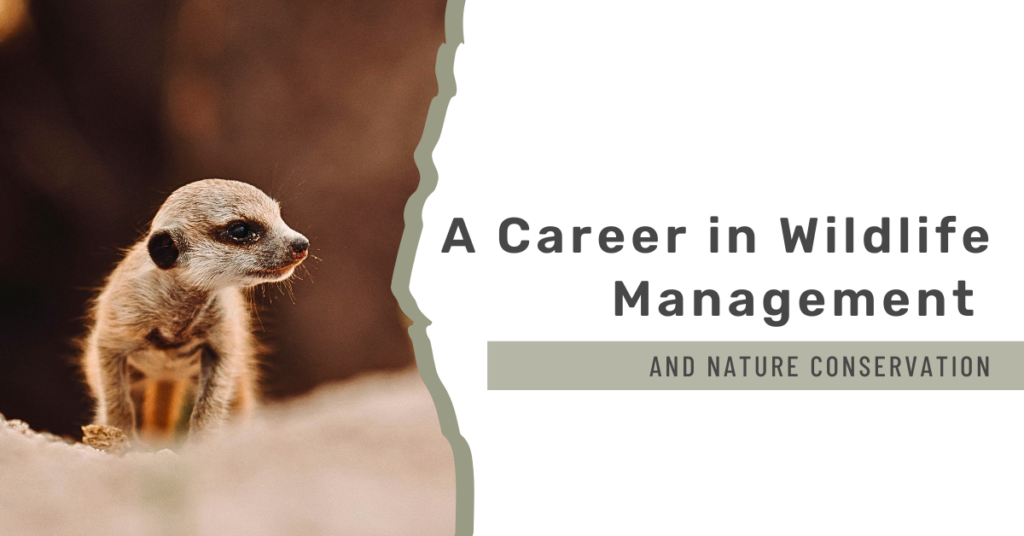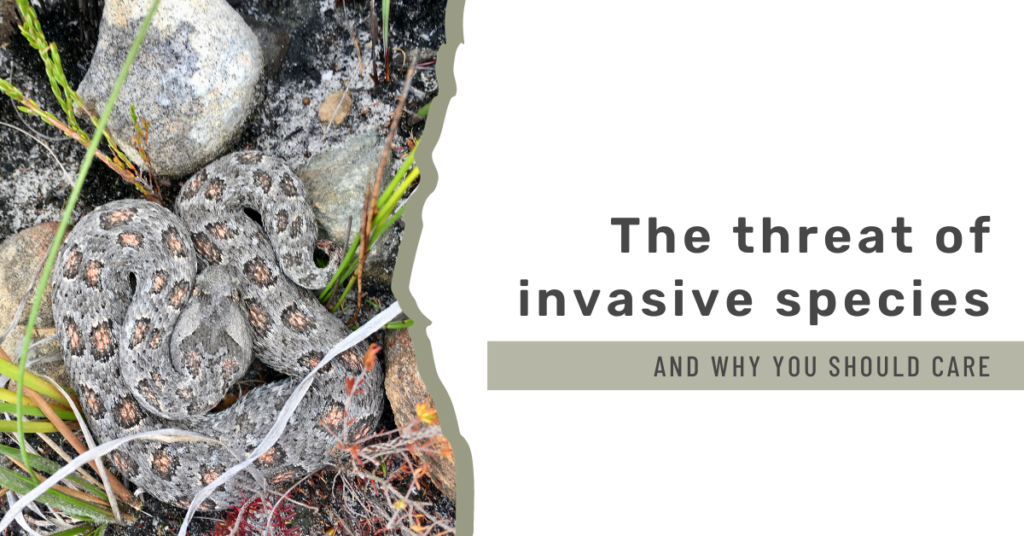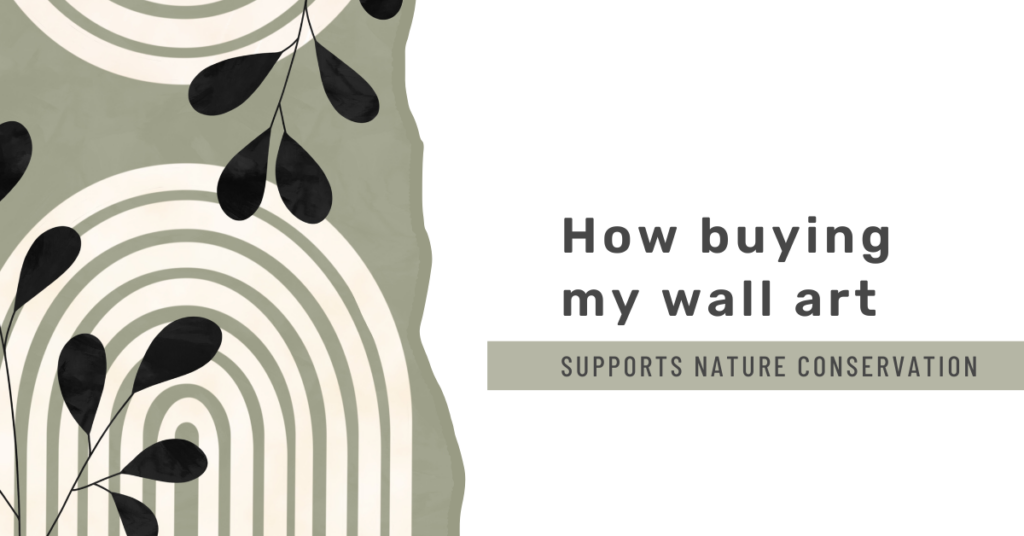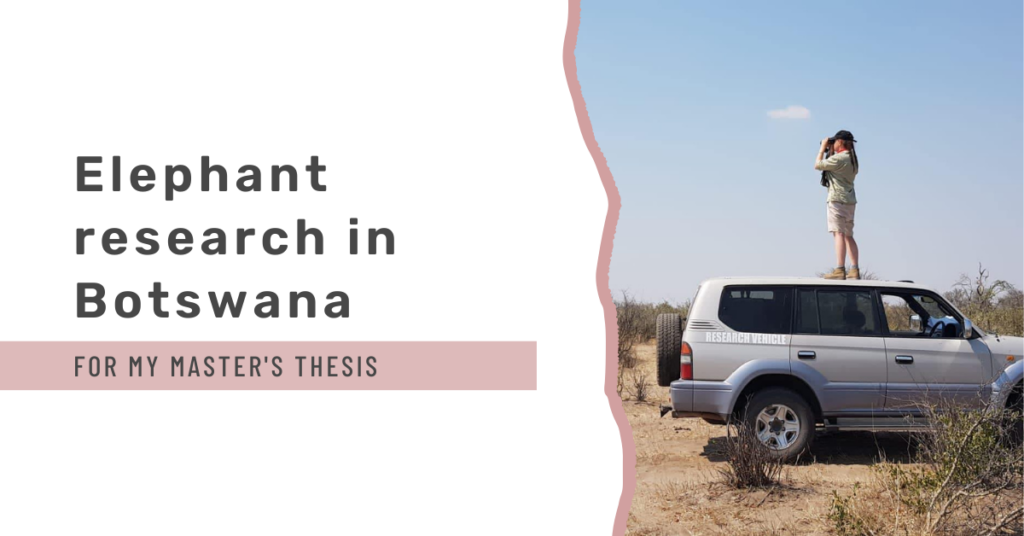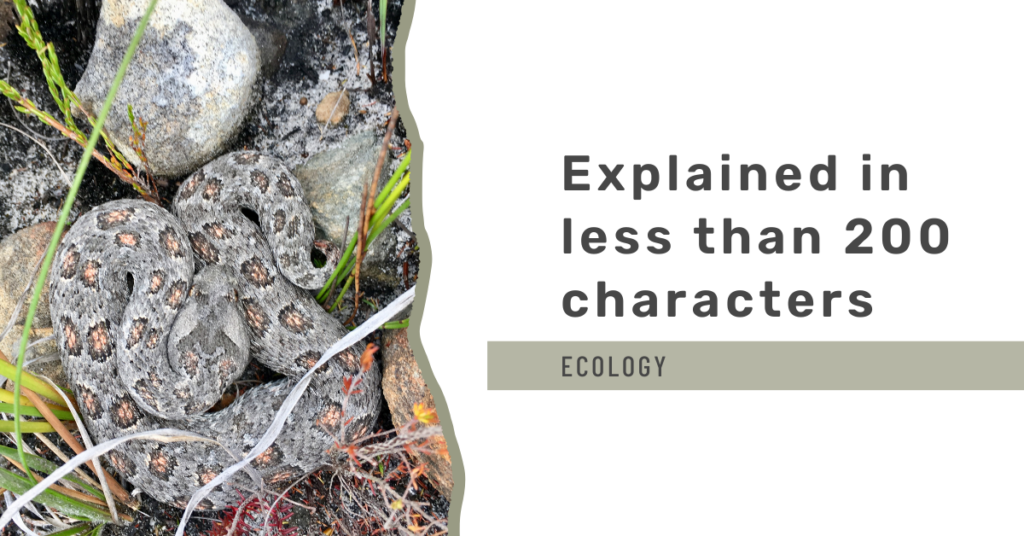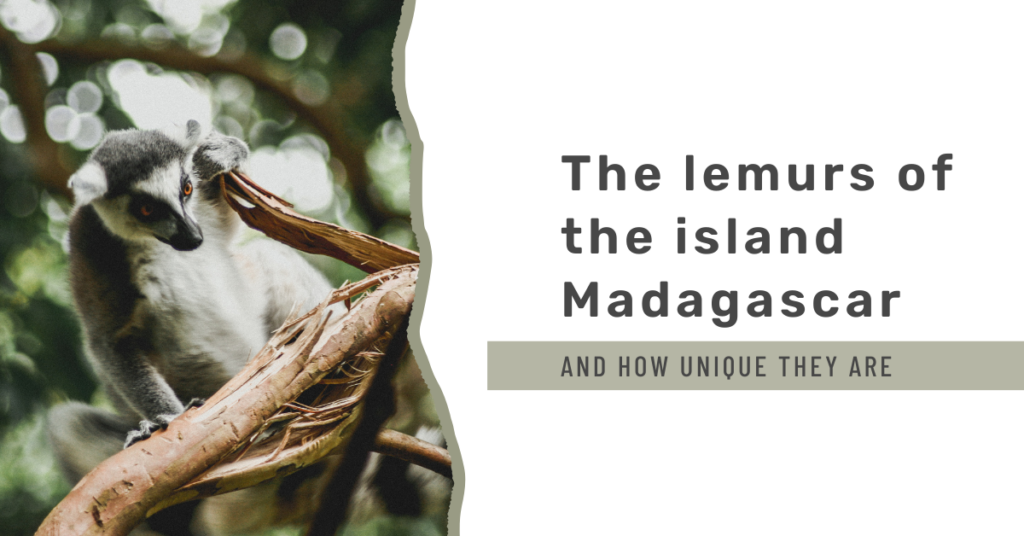The Empty Forest Phenomenon: Understanding the Devastating Effects
Tropical rainforests are one of the most diverse ecosystems on the planet, with an abundance of flora and fauna. However, over the past few decades, these forests have been facing a serious problem known as the “empty forest” phenomenon. This phenomenon refers to forests that have lost their large vertebrate populations, leaving behind a seemingly […]
The Empty Forest Phenomenon: Understanding the Devastating Effects Read More »

